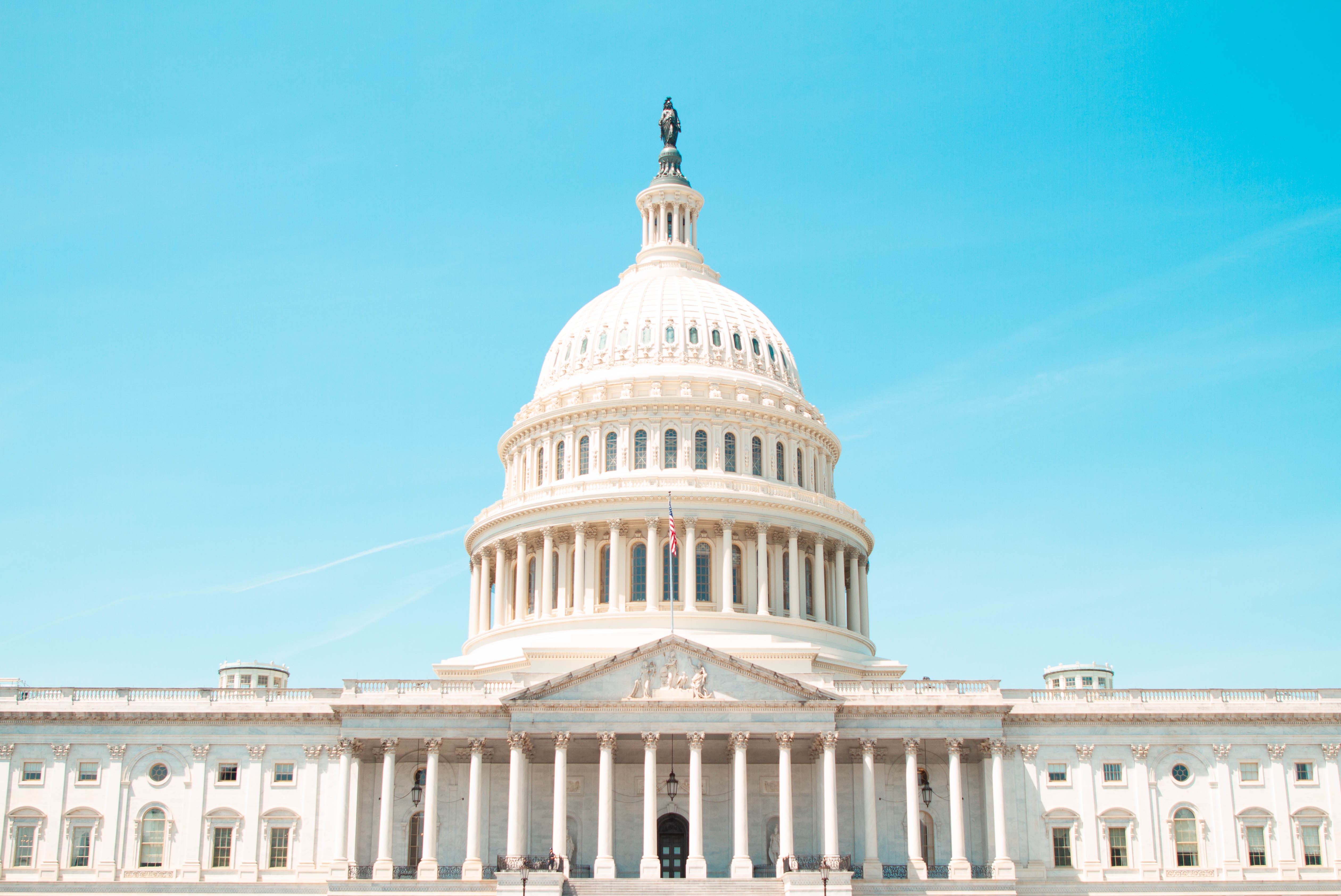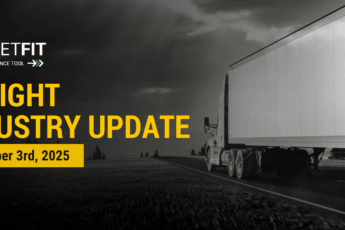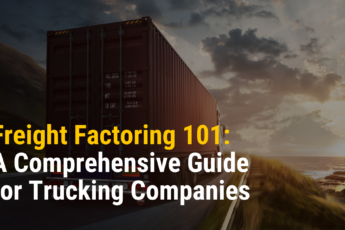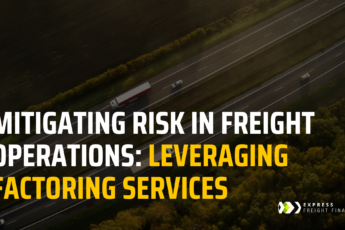Last month, the proposal for the Green New Deal was unveiled in Washington, DC. As a whole, the Green New Deal proposes an economic stimulus and incentive program to combat climate change. Contained in the official language are directives for the transportation industry, which may see freight trains changing drastically over the next decade, or possibly disappearing and giving the trucking industry almost full control of the marketplace.
Near Zero Emissions
One of the goals of the New Green Deal is to reduce or eliminate carbon emissions within the freight industry. Freight trains have an uphill battle with this directive, as it would mean completely overhauling existing locomotives with new engines, or simply placing a mandate on freight companies to purchase electric locomotives. This could go even further, because the rail system in the United States has needed a more efficient design for decades now. Depending on how rail companies want to approach the New Green Deal, they could accomplish quite a bit, or miss their goals entirely by trying to do “everything at once.” For the trucking industry, things might be much easier. Quite a few trucking companies have already started switching to electric vehicles, and the major truck manufacturers are refining the efficiency of their vehicles.
FAST Act
At the same time as the unveiling of the Green New Deal, the FAST Act is set to expire in 2020. Congress has been debating whether or not to reauthorize the FAST Act, and the rail lobbyists are pushing for the trucking industry too pay more to support infrastructure. Some are pushing for a higher gas tax, placing a greater burden on both trucking and rail. If the FAST Act is not renewed and the Green New Deal is accepted, then trucking will still face a few more issues. Yes, it is very likely that rail will be unsustainable under the new plan, but then the country will have to figure out how to place more charging stations along major routes for a massive roll-out of electric trucks. If trucking becomes the dominant transportation industry while rail fades into the background, then trucking companies will need to brace for a time when they are paying for a large portion of the changes and upkeep to the infrastructure of the country.






